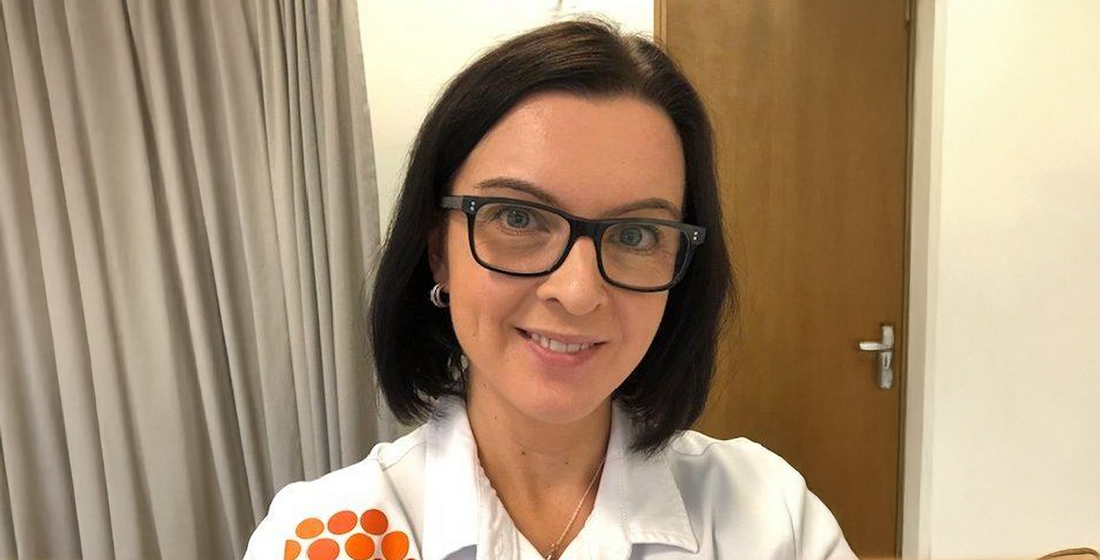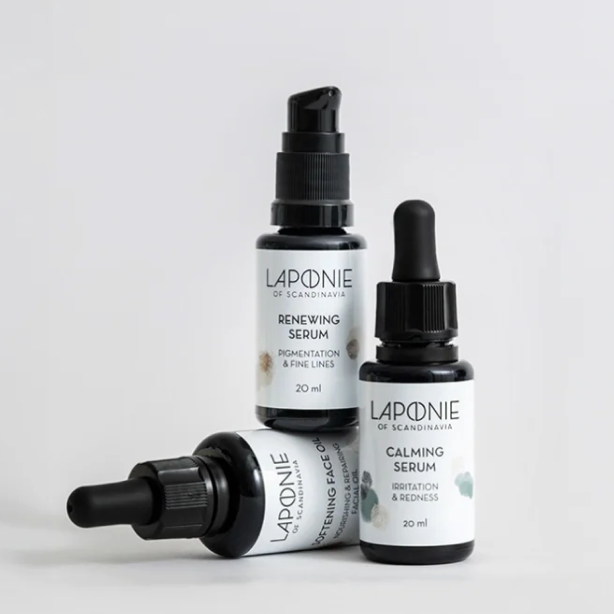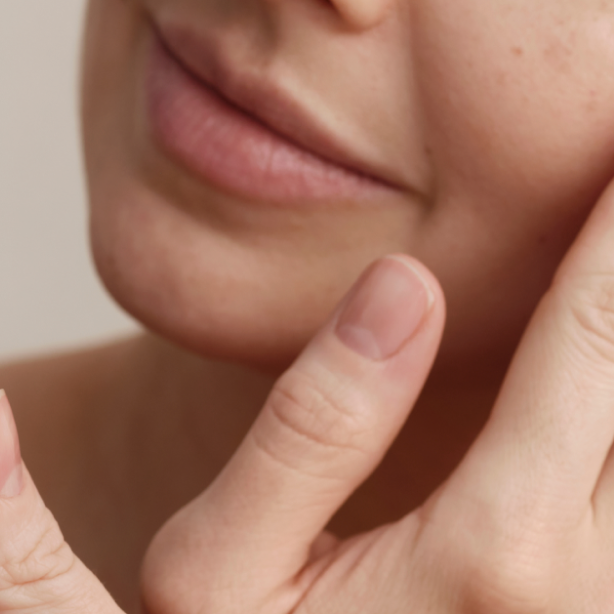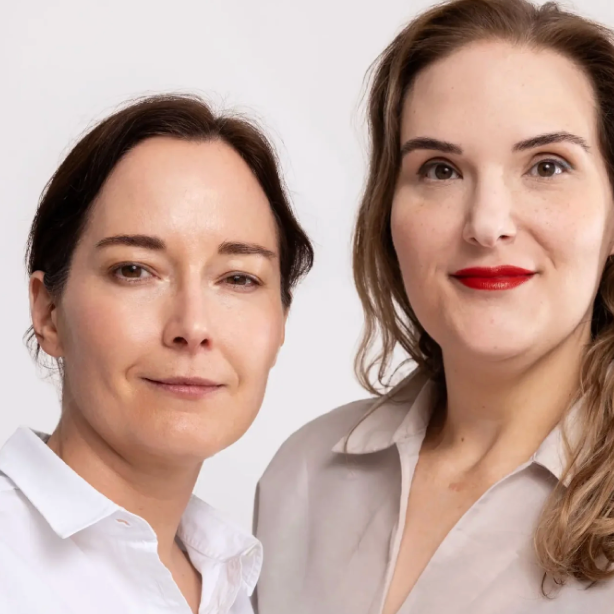
Laponie: How would you define or diagnose sensitive skin from a dermatological perspective?
Marika Schröder: It’s difficult to diagnose and differentiate sensitive skin, as it is both challenging to measure in any way and is also subjective on the patient’s part. The important thing is to rule out skin diseases like rosacea or atopic skin, which need specific care.
L: Have you seen an increase in sensitive skin among your patients? If so, why do you think that is?
MS: As said, there is no set definition or diagnosis for sensitive skin, so there is no certain way to know whether or not there is an increase. However, as around 70% of people globally at some point feel they have sensitive skin, it’s not only a matter of how we perceive our skin. Varying weather and strong UV-radiation have an impact on skin, and four distinct seasons can really be heavy on e.g. rosacea. Processed foods, stress and the different chemicals we are exposed to also affect skin. We might also be more prone to trying out different products than before and in a jungle of creams and treatments the consumer may not always make the right choice.
L: How is sensitivity and allergy to cosmetic ingredients diagnosed?
MS: Contact allergy is often diagnosed through so-called epicutaneous testing, also known as patch testing. This is a method used to determine whether a specific substance causes a delayed allergic reaction on the patient's skin. A patch or plaster containing the suspected substance is applied to the skin and after 48 hours the first reaction is assessed.
L: How should one care for sensitive skin?
MS: My advice for those with sensitive skin when choosing skincare products is to avoid irritants such as alcohol and certain preservatives, and strive for a minimal skincare routine. Suitable sunscreen is also important.
Marika Schröder (MD, PhD) is a Finnish specialist in dermatology with years of experience diagnosing and treating skin cancer and skin diseases, working both surgically and with laser. She is interested in aesthetic skin procedures and has in-depth knowledge of new treatment forms for acne and rosacea. Dr Schröder heads the Skin and Aesthetics Division at Pihlajalinna Hospital, one of Finland’s leading providers of social and healthcare services.



